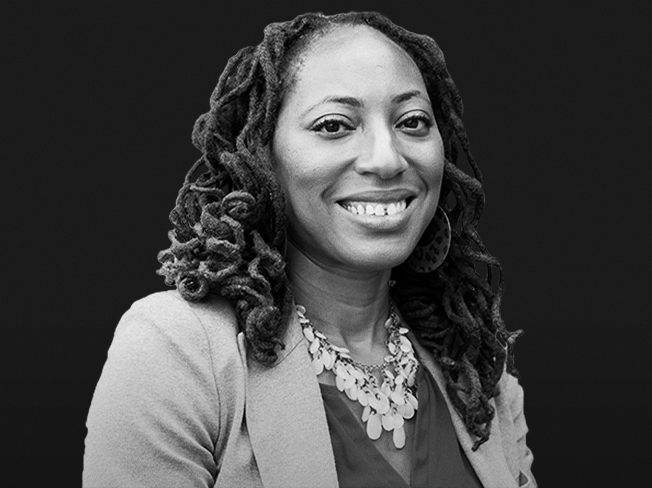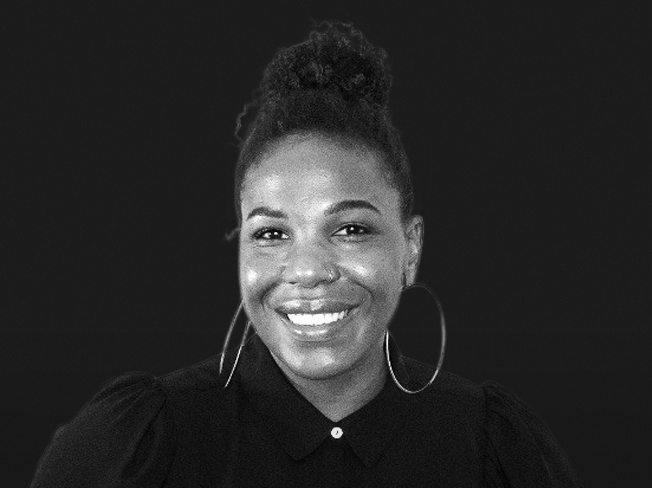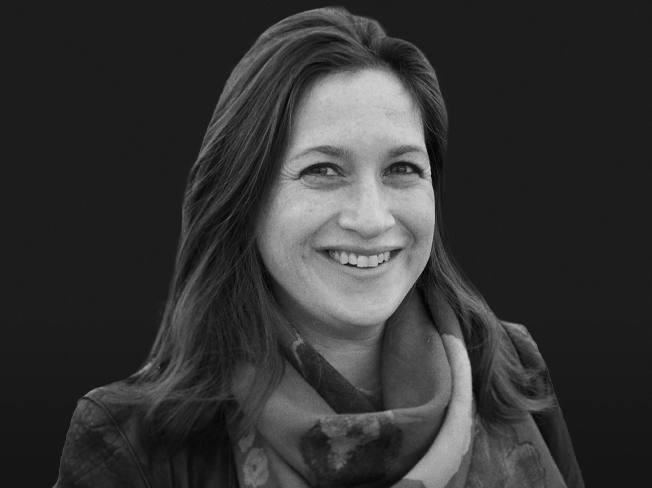Startup and Small Business Operations Advice | Tory Burch Foundation
Think Like an Operations Pro
An operations expert on applying lessons from big teams to small businesses.
11,763 Views
8 Likes
4 min read
Link copied to clipboard
Many entrepreneurs thrive on solving problems or serving a particular community–which may make focusing on the details of their business’ day-to-day feel daunting. But founders have to wear many hats, meaning they have to be both the ideas person and the operations person, especially at the very beginning of their entrepreneurship journey. Operations in a business is broadly defined as the work of finding efficiencies within a business.
Soraya Haas, Squarespace senior director of operations for Product, has spent much of her career helping organizations grow through strategic operations planning and cross-functional collaboration. Having worked with many fast-growing brands, she also understands the challenges of having to put effective processes and high-performing teams in place without a dedicated operations person. In a live Q&A, Haas discussed the operational challenges she’s tackled with teams of all sizes and how founders with small teams can apply some of those lessons to run more efficient, successful companies.
FIRST, KNOW WHERE YOU’RE GOING:
“I start by asking the person who hired me, even during the interview process, ‘what’s your vision? What do you want to accomplish? Why do you want to change things? Why do you think you need operations?’
“Why are those questions important? Because they will help you diagnose the business challenges. Sometimes what people call operations can be something else. Could be help with HR, it could be help with finance, it could be recruitment, right? So I’m like, ‘okay, let’s start with understanding your business needs.’”
Ask yourself and any business partners questions about goals and how they’ll affect business outcomes. You may find that you need help with another aspect of your business, as Haas noted. No operational work exists in a vacuum; it can only be effective if it solves concrete problems of both teams and leadership.
ON STARTING SMALL:
“When talking about priorities, I’m usually looking first at the immediate short term. What’s the low hanging fruit that we have in front of us, that can be addressed quickly and simply? Then, what are the things that are going to take more time, that will require us to hire or train people, that require us to explain to folks that they need to behave and work in a completely different way?”
Haas explained that before she implements any changes, she speaks to everyone about their processes and the opportunity areas they see, regardless of seniority. She suggests asking everyone the same questions about how they get work done. “I use those questions to basically map the patterns that I’m seeing and how they’re impacting the business,” she said.
ON RELATIONSHIPS:
“Relationships are very important. Any company is basically a community. And my approach is to always ask, ‘how can we all be good citizens of this community?’, because I have to assume that everyone who joins a particular company joined because they believe in its mission and values. And that makes us a community. So, if that’s the case, you and I can disagree, as long as we are good citizens of our community, we behave in a respectful manner, and we work together to advance the mission.”
Another part of fostering a community in your business is removing team members who are consistently disrespectful and uncooperative. “I don’t care if you’re a superstar,” Haas said. “I don’t care if you’ve been with the company for five, 20 or 30 years. Respect is non-negotiable.”
ON MAKING CHANGES STICK:
“People will only change their behavior when they understand why you need them to change their behavior. You need to be explicit, you need to be clear, you need to explain what’s in your brain and why that matters to the company, not to you as an individual.”
Communication needs to include metrics, Haas emphasized. Close attention to metrics will let teams see how they’re tracking toward the goals you set at the beginning of your operations audit.
Haas also said that a big part of her job as an operations director is communicating the reason behind a change, sometimes several times. “You have to be comfortable repeating yourself, and reminding people of why we’re doing what we’re doing and why that matters, every day. Context matters and clear communication provides a common ground for alignment and advancing your goals”
ON FINANCES AND OPERATIONS WORKING TOGETHER:
Haas suggests founders use a cash-flow forecast. “It’s going to give you so much peace of mind. It’s going to allow you to have a very clear eyed view of what’s possible, including your burn rate.” Burn rate, or the rate at which an unprofitable company uses cash reserves each month, will help you make decisions about bringing on help, paying suppliers and more.
YOU KNOW MORE THAN YOU THINK:
Haas highlighted that operations roles can vary across companies, but she emphasized that women possess strong organizational and operational skills often honed through diverse life experiences, including running households. This background, traditionally undervalued, equips women with a unique and powerful skill set for solving business problems.
“We all have that seed of organization and operations within us, but we often don’t recognize it as such,” she said. These skills, refined over time through various responsibilities, are invaluable in the business world. For too long, the critical work women do, whether at home or elsewhere, hasn’t been fully appreciated. It’s time to acknowledge and leverage these abilities to drive success in our professional endeavors.
SET ASIDE TIME FOR OPS:
“I think every entrepreneur that I’ve met in my life, who hired me–they’re all extremely creative people. They have a vision, they have a passion, they want to put something in the world that didn’t exist before. They want to solve a problem. And that means that if you spend a lot of time focusing solely on what we call the operations side of things, you will have less time to pursue that idea, to convince people that your idea is great, to develop your product. In the beginning, timebox your business’s operations needs so you won’t neglect them. Be consistent; repetition is your friend. Do these things at a regular cadence and have clear documentation that can be easily consulted and leveraged to address various business needs.
ON STAYING CALM:
“You have to keep a cool head. And a lot of what I do when problems happen, is calming other people down so we can actually tackle the problem at hand.
“I also try to gather as much information about the problem as possible by asking questions about risks and impact to desired or planned outcomes.”
Haas emphasized the importance of hiring people who are steady in the face of unforeseen circumstances. That will allow you as a founder to have a thought partner who will work closely with you to find a new solution or pivot in response.
Key takeaways
- Ask team members the same questions about processes to find opportunities for efficiencies.
- Use your financials, including cash-flow forecast and burn rate, to help make decisions.
- Communicate how and why you’re making changes, and use metrics to ground those conversations.
Help an entrepreneur by upvoting




